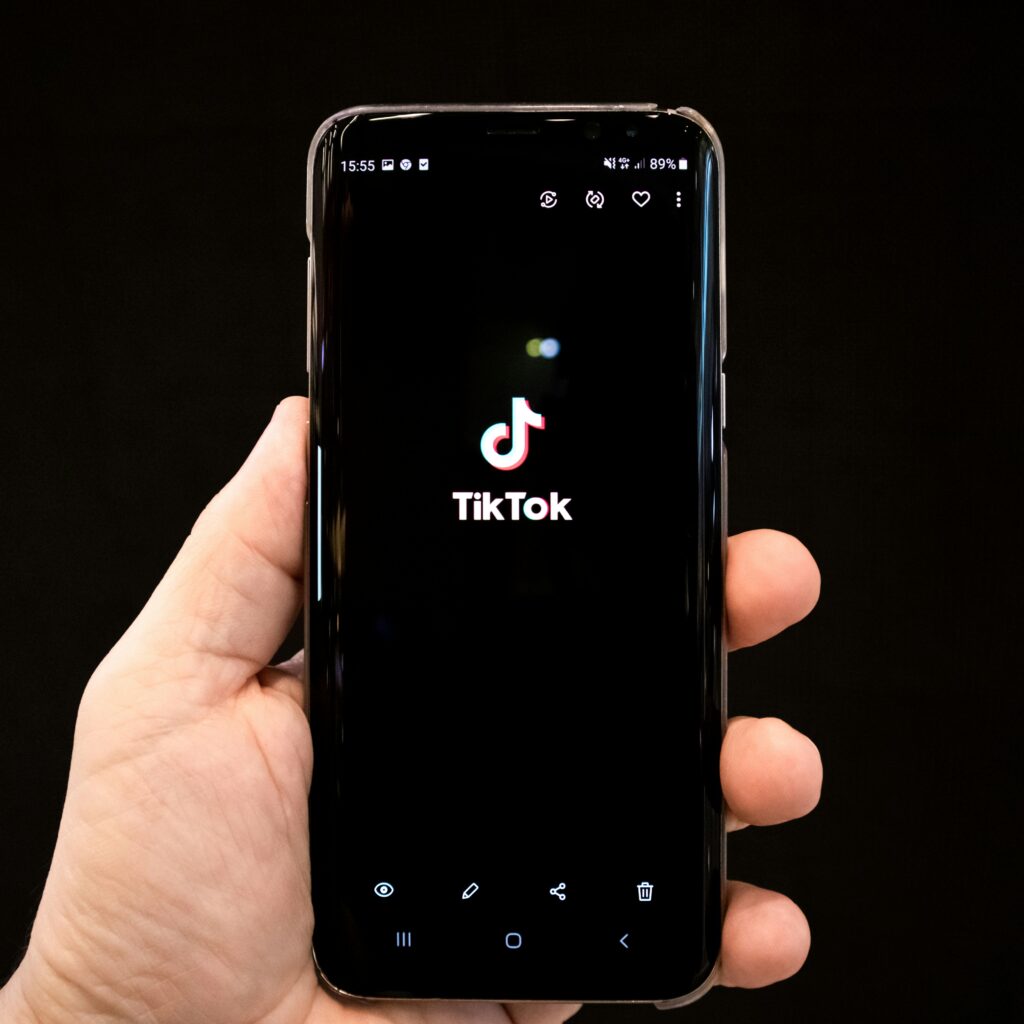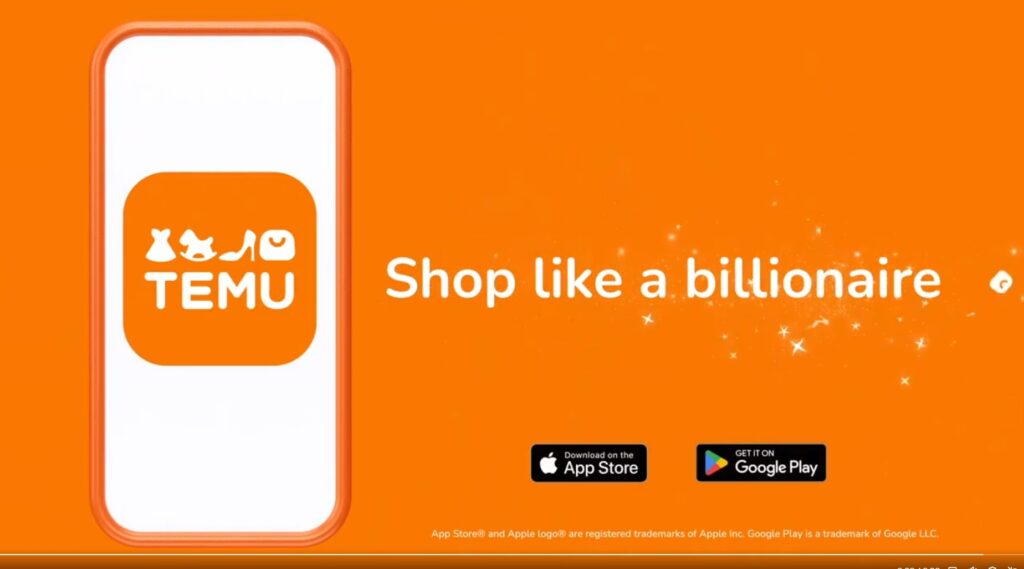Antony Young rounds up media news from beyond Aotearoa in a regular column for StopPress. This week we look Coca-Cola’s AI Christmas ad, the Temu crackdown in Southeast Asia and stats that show half of Aussies aspire to be influencers.
AI Christmas ad: Soulless or Genius?
Coca-Cola’s latest Christmas campaign embracing AI technology has courted mixed responses. The soft drink brand produced three global spots, the first that launched last week. The creative community were most critical of the AI spots with one commentator describing them as ‘soulless,’ and lacking warmth and emotional resonance.
However, according to one consumer study conducted by British ad testing company Survey1, the AI-created Coca-Cola ad achieved a remarkable 5.9-star rating (out of six) for creative effectiveness, outperforming all previous Christmas truck ads by delivering strong emotional engagement, high brand recognition (98% in 15 seconds), with no negative audience reactions. PJ Pereira, co-founder of Silverside AI, the agency that created the spot’s said, “AI allows us to take great ideas that would have died without the budgets and bring them to life.”

Black Friday stats you need
Preparing for Black Friday? Here’s some key stats from the U.S. Better Business Bureau to keep in mind to boost your ecommerce marketing plan. Free shipping is a decisive factor for 75% of shoppers, while younger demographics (ages 18-24) are the most likely to shop on the day. E-commerce continues to grow, with sales projected to rise over 8% to $ 1.2 trillion, and mobile shopping dominating, accounting for 79% of all online purchases. Meanwhile, Cyber Monday is set to outperform Black Friday.
The clock’s TikTok-ing
Forrester predicts a TikTok ban in the U.S. is unlikely in 2025, citing its lobbying efforts, similarities in data policies to other social platforms, and its use by political leaders like Kamala Harris and Donald Trump. TikTok argues the law is unconstitutional and lacks evidence of security threats, while judges raised concerns about First Amendment implications but seemed less convinced of TikTok’s claim that Congress overstepped its authority. With only 32% of Americans supporting a ban and Trump pledging to “save TikTok” — the political stakes are high.
A decision is expected by December 6, and further appeals to the Supreme Court are anticipated. Meanwhile, Canada ordered TikTok to close its business operations in the country due to national-security concerns.

TV ads deliver £5.61 ROI
Released at the start of the month, Thinkbox TV’s Profit Ability 2 is an analysis of advertising’s financial impact. The UK study leverages data from 141 brands and £1.8 billion in media spend across 10 media channels and 14 business sectors. It uses econometric meta-analysis to evaluate advertising effectiveness from campaigns between 2021 and 2023. It found advertising delivers strong profitability, with an average short-term profit ROI of £1.87. In other words, for every £1 spent on advertising, it generated £1.87 of profit. This rose to £4.11 over two years due to sustained effects, which account for 60% of total payback.
Media channels vary in effectiveness, with TV leading at £5.61 ROI, surpassing Online Video (£3.86) and Generic PPC (£3.52). Channels like TV and Print also demonstrate significant long-term impact. The report found optimising media investment requires balancing immediate returns (e.g., PPC, TV) with long-term growth. You can download the full report here for free.
75% of advertisers want to re-negotiate their media agency contracts
Adweek has reported that three out of four advertisers plan to review their media agency agreements within the next three years. According to a new study by the World Federation of Advertisers (WFA) and MediaSense, only 27% of global advertisers feel their current media agency pay structures are future-proof, with 75% planning to re-negotiate their agency deals.
Key drivers for change include aligning compensation with business performance (cited by 74%), improving access to talent (42%), and increasing transparency (41%), with commercial opacity and AI’s disruptive influence emerging as major challenges. While AI could reduce costs by automating processes, 54% of advertisers are willing to pay more for generative AI talent. Despite the push for performance-based models, resistance from agencies and procurement hurdles remain significant barriers, underscoring the complexities of evolving agency remuneration in an AI-driven media landscape.
Temu too cheap?
Chinese e-commerce giant Temu’s rapid international growth with its ultra-cheap products and aggressive marketing faces growing resistance in Southeast Asia. Governments like Indonesia and Vietnam have cracked down on the platform to protect local merchants, citing unfair competition from tax-advantaged Chinese imports. According to the Guardian, Temu’s entry has coincided with the decline of local manufacturers, who struggle to compete with its low prices and fast production, forcing closures and job losses across the region. Despite bans, higher taxes, and regulatory hurdles, Temu remains determined to chase sales, leveraging surplus capacity from Chinese factories and capitalising on Southeast Asia’s booming middle class and $ 160 billion e-commerce market.

Half of Aussies aspire to be influencers
Over half of Australians (55%) would leave their current jobs to become full-time social media influencers if they could earn a living, while 69% say they would accept compensation from a brand to make a post on their social channels according to the 2024 Australian Trust in Influencer Marketing report.
The study highlights a shift in career aspirations, with one-third of 18-to-29-year-olds aspiring to become influencers. The rise of AI influencers is also notable, with 31% of younger Australians (18–29) engaging with virtual influencers compared to just 15% of those aged 30 and above.
Streaming accounts for 41% of US TV viewing
According to App Economy Insights, streaming now accounts for 41% of U.S. TV viewing, up year-over-year, while traditional cable continues to decline. Netflix remains the industry leader, but competitors are adapting with strategies like Disney’s password-sharing crackdown and Amazon Prime Video leveraging its ecosystem and 200 million monthly viewers. YouTube dominates living room streaming, with a quarter of U.S. TV streaming time and $ 50 billion in annual revenue. While big events like the Olympics and hit shows drive sign-ups, retention is a persistent concern for all but Netflix. The streaming market faces a growing trend of “serial pausers” who cancel and resubscribe within six months, posing challenges for platforms reliant on live sports and occasional blockbuster content.
The post Around the World: AI & Christmas, a Temu crackdown and Aussie influencers appeared first on stoppress.co.nz.
More Stories
Pew Survey Shows Education Level and Party Affiliation Tied to Views on Freedom of the Press
Google Tops Q1 Estimates with $90B in Revenue Amid Antitrust Turmoil
The Tobacco-Free Future of Phillip Morris With Marian Salzman